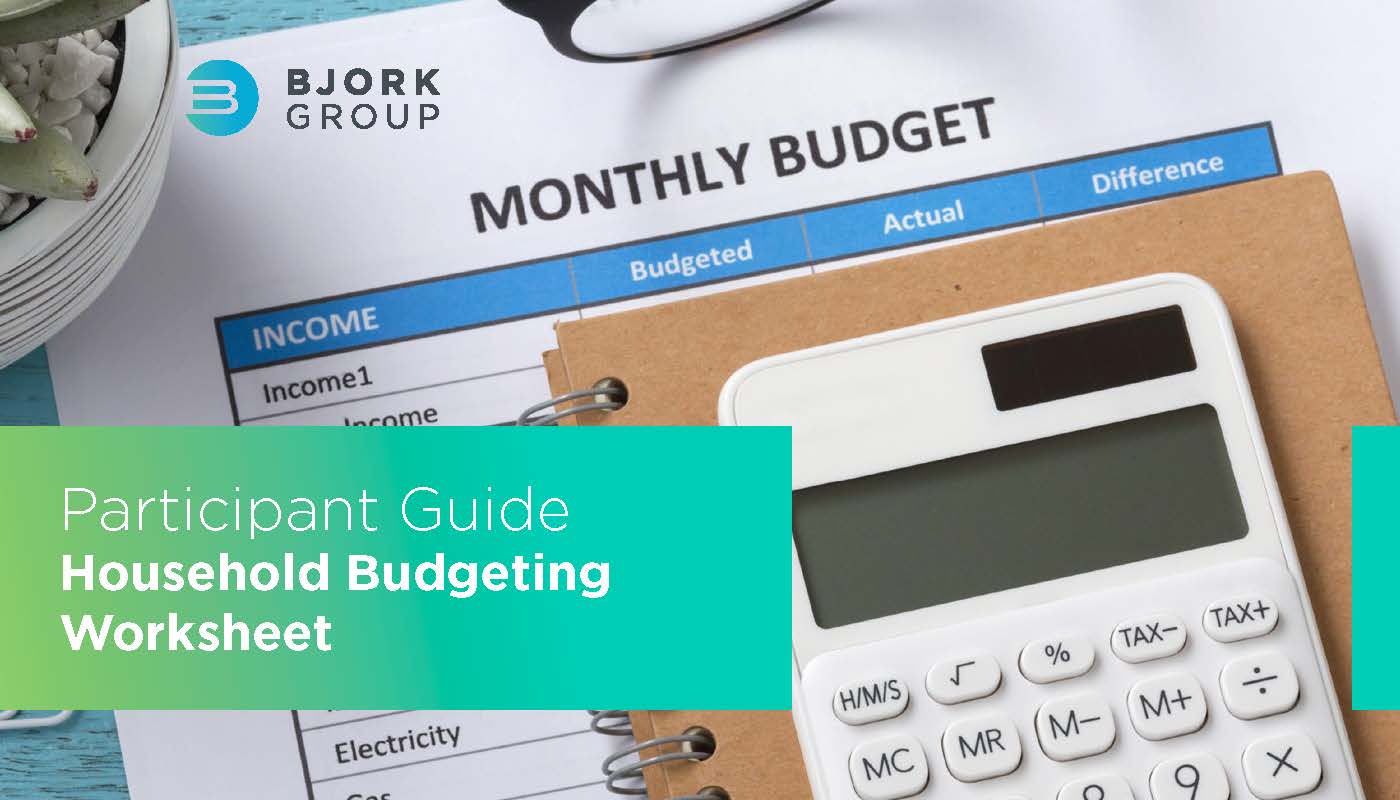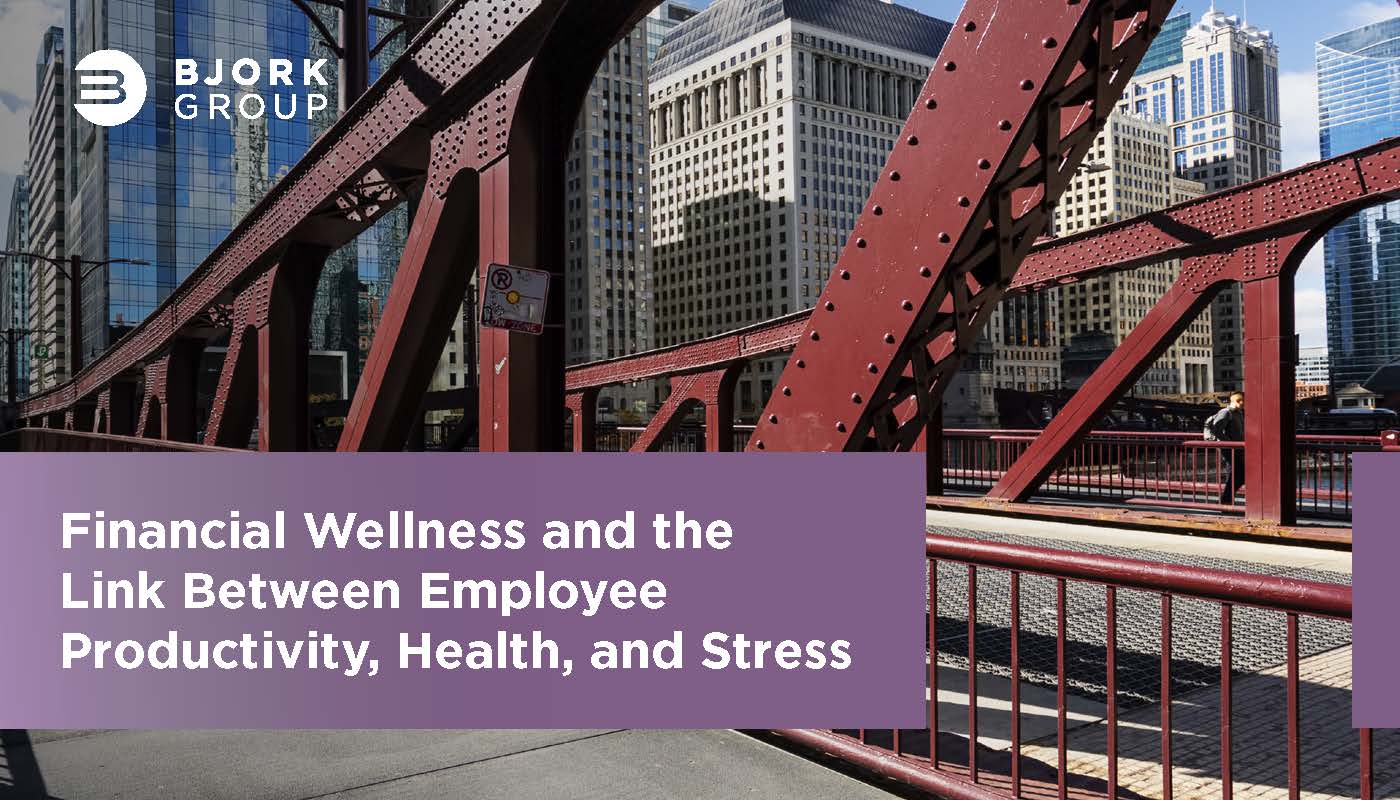Participant Infographic – Household Budgeting Worksheet
- Bjork Group

It is normal for working Americans to experience some form of financial hardship.


It is normal for working Americans to experience some form of financial hardship.


The COVID-19 pandemic has undoubtedly shaken our economy to the core. Many businesses have struggled to keep their doors open which has caused unemployment claims to soar. Record unemployment, coupled with a U.S. society that has an average household savings account of about $8,800[1], has many people looking to their retirement savings as a “piggy bank” for necessary funds to keep their heads above water.


A good total rewards program helps you attract and retain the best possible talent for your organization. Add a great workplace culture and environment and you could be on your way to becoming an employer of choice among job-seekers.


The first half of this year has been like nothing we have ever seen before --from record high employment to record unemployment, stimulus packages, the CARES Act, and of course the pandemic itself!


How can you help your employees that are drowning in debt, save more today?


We’ve all heard the golden rule of personal finance, “Pay yourself first.” It means putting money into savings before you do anything else. Your plan participants often need a light nudge to go the extra mile to save, and we’re here to help!


In today’s economy, Americans are worried about their finances, and it spills over into every aspect of their lives, even their work.


Employers recognize that financial stress is taking a toll on their workforce — and their bottom line. Financial wellness can help improve employees’ fiscal well-being and reduce stress by providing the education and tools they need to help them


If you think financial wellness programs are a fad, think again. The industry consensus is that financial wellness not only produces results for employees, but it positively influences company bottom lines.


Employee financial stress is a hot topic. So much so, that nearly 60% of employees cite finances as their primary stressor. [1] Their financial worries surpass other top stressors, and it’s impacting their job performance.
